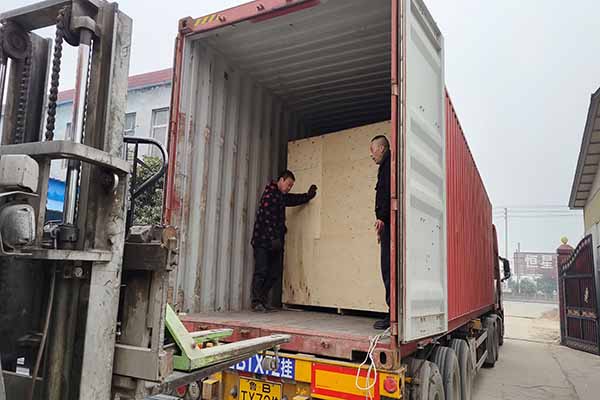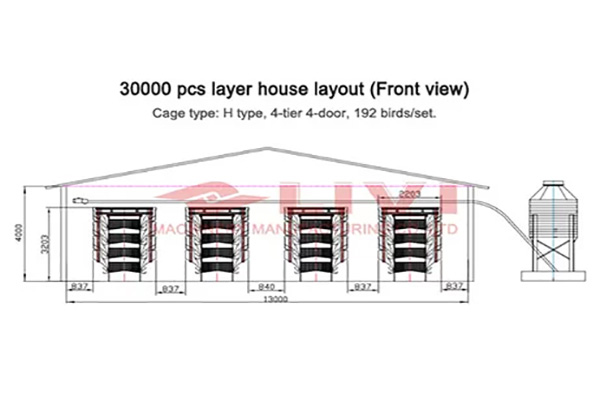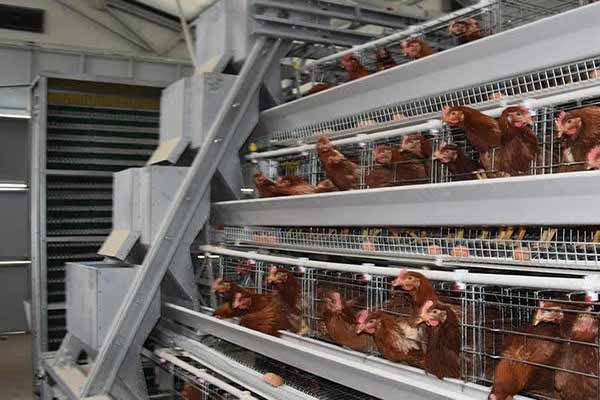How to Clean Poultry Cages: A Comprehensive Guide for Chicken Farm Owners and Investors
Ensuring clean poultry cages is crucial for the health and productivity of a chicken farm. Poor sanitation can lead to diseases, reduced egg production, and even death among the birds. This guide will provide you with essential steps and tips on how to maintain hygienic poultry cages.

Step-by-Step Guide to Cleaning Poultry Cages
- 1. Prepare Your Equipment:
- Disinfectant solution (e.g., chlorine bleach or a commercial poultry disinfectant)
- Sponges or scrub brushes
- Bucket or container for soapy water
- Water sprayer or hose
- Personal protective equipment (PPE): gloves, mask, and goggles
Preparation
Before starting the cleaning process, ensure that you have all the necessary equipment and supplies. This will help you complete the task efficiently and safely.

Cleaning Process
- Remove All Birds: Before cleaning, it’s essential to remove all birds from the cages. This will prevent any potential harm to them during the cleaning process.
- Disinfect Cages: Begin by spraying the disinfectant solution on all surfaces of the cages. Allow it to soak for the recommended duration (usually 10-15 minutes) to kill any pathogens.
- Scrub the Cages: Use a sponge or scrub brush to clean the interior of the cages. Focus on areas where feed and droppings accumulate, such as around perches and feeders.
- Rinse with Water: After scrubbing, rinse the cages thoroughly with clean water to remove any remaining soap or disinfectant residue.
- Drain and Dry: Allow the cages to drain completely and then dry them in the sun or with a towel to prevent mold growth.
Frequency of Cleaning
It is recommended to clean poultry cages at least once a week, depending on the number of birds and the size of the flock. Regular cleaning will help maintain a healthy environment for your chickens.
Best Practices
- Regular Inspection: Regularly inspect your cages for signs of wear and tear. Repair or replace any damaged parts promptly.
- Feeding Practices: Follow proper feeding practices to reduce feed waste and litter buildup.
- Sanitation Training: Train your staff on proper cleaning procedures and the importance of maintaining a clean environment.
By following these guidelines, you can create a healthy and productive chicken farm. For further assistance or to discuss your specific needs, please feel free to leave a comment below or contact us directly.
At LIVI Machinery, we specialize in providing innovative solutions for the poultry industry. To help you optimize your farm’s efficiency and hygiene, we offer free chicken farming design plans and equipment quotes. Contact us today to get started!





